This week's newsletter: Koomey's Law, Revolut, ESG, end of civilization, space, echo chambers, quantum chip, Maradona, UBI, hybrid working
Techopian's weekly roundup on some of the key stories covered this week. For those too busy during the week but need something to make them seem informed on Monday morning.
Forget Moore's Law; we need is Koomey's Law
Forget about computers getting more powerful; what we really need is computers getting more efficient.
Did you know that the Internet uses around one-tenth of the world's energy?
Then there is blockchain: and that creates quite the carbon footprint.
Maybe the solution is to have our server farms and blockchain miners and neural networks in space in satellites or on the moon harvesting energy from the undiluted energy from the sun?
Or maybe (or maybe in addition) we can just focus on eking out more processing capability per unit of energy?
There is a law that describes it: Koomey's Law.
Now a bigwig at ARM has said that we need to stop fretting about Moore's Law and focus on Koomey's Law instead.

Here is a thought; researchers are looking at how we can use the energy generated by the body to power certain low-energy computer devices. Maybe, if Koomey's Law continues to pan out, our personal computer devices won't need a battery; they will just need to be close to our heart — literally. Matrix anyone?
Revolut is worth more than RBS
And so UK Fintech Revolut raises another $800 million valuing it at $33 billion, making it the UK's most valuable Fintech and Europe's second most valuable Fintech.
To put that valuation in context, RBS is worth around $31 billion.
Business Insider describes Revolut as a neo bank, which begs the question, are we in a neo bubble, have investors gone neo mad, or are we in an actual bubble, with madness of crowds threatening to send us to hell in a handbasket?
Of course, some might argue that what is far madder than Revolut's valuation is the $33 billion valuation of formerly failed bank, RBS, which nearly took the entire UK banking system down with it.
The Internet means lower barriers to entry: some of us who have been following Internet businesses since the dot-com boom days have been saying this for nigh on 25 years (also called a neo quarter of a century).
Maybe Revolut is overvalued, and traditional investors are right to be perturbed.
But then, when you consider the disruptive potential of the cloud, open banking regulation, AR, AI, smartphones and whatever will follow smartphones and blockchain, a pretty compelling argument could be put forward to say you should be perturbed about the valuation of high street banks.
And the same factors that enabled the likes of Revolut, Wise and Monzo — namely falling barriers to entry — will also support emerging and developing countries.
Modern technologies are changing everything.
Oh, fiddlesticks; but ESG brings in some relief
Oh, what a disappointment. As annoying things go, this one is really rather annoying indeed; more annoying even than England's defeat in the Euro Finals, even if you are English.
Back in 1972, a team of researchers at MIT predicted the end of civilisation this century.
Now another team has taken a look at their report and only went along and decided the original report could be right: they reckon it could all go wrong by 2040.
In other words, and this highlights how annoying it would be if civilisation collapsed, we may only have five more football world cups to go.
We do have some comfort.
Civilisation will only end if one of the following happens:
- We carry on as we are burning fossil fuels, pumping pollution into the oceans and keep making all that plastic
- Or Gareth Southgate continues to pick two defensive midfielder players.
We will leave you to decide which of the two options above are the most serious.
Apparently, if we start changing, like investing more in renewables and embracing ESG principles, and also play more attacking players in midfield, we will be okay.
So that's a bit of a relief then, for a moment we were quite worried.
Billionaires in space
What kind of revolution is the space revolution?
- The first industrial revolution began with the Spinning Jenny and led to the steam age
- The second industrial revolution began with dynamite and included electricity generating plants, the beginning of the motor car, the beginning of flight and the first telephone call
- The third industrial revolution was about IT and culminated in a PC on every desk
- The fourth industrial revolution probably began with broadband and included AI, automation, renewables, EVs, autonomous cars and additive manufacturing. Some say the fourth industrial revolution is actually a kind of de-industrial revolution as it enabling people to work from home. See:
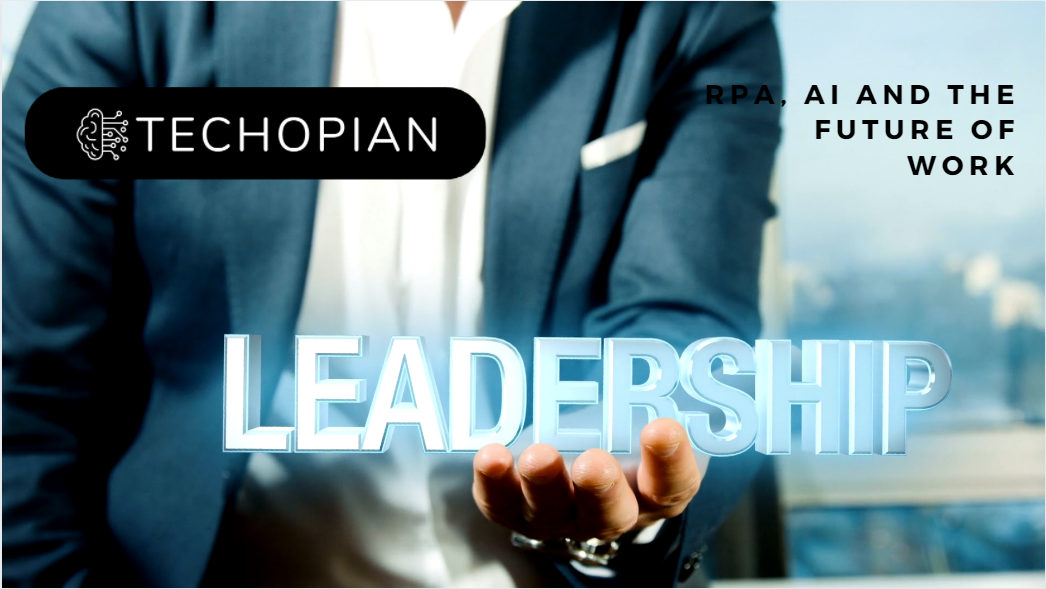
- The Techopian view of the fifth industrial revolution is that this is about human augmentation: smartphones, AI/CRISPR/human-computer interfaces:
See:

And also see Living in the age of the Jerk
But what revolution is the space revolution?
Presumably, it began when the Russians went into space, and President Kennedy talked about doing things not because they are hard but because they are easy.
But the space venture/adventure will be ongoing. Maybe, though, it will only be a revolution when it is commercial and not about egos.
Then again, maybe there are two types of space revolutions; there is the type that involves satellites around the earth and the type that involves exploring and then presumably exploiting (mining) the solar system.
But what about all this space exploration; with the likes of Richard Branson and Jeff Bezos choosing to holiday in space instead of Spain? Is it a terrible waste of money, and should the holiday bucks and money Branson spent on traveller cheques for his sojourn into space be better spent on eliminating poverty?
The thing is, innovation works by building on the previous innovation, and today's holiday in space is tomorrow mining of lithium.
In any case, consider the long list of innovations that occurred as a result of the NASA Programme — they include; oh hang it all; you can click on the link for that:
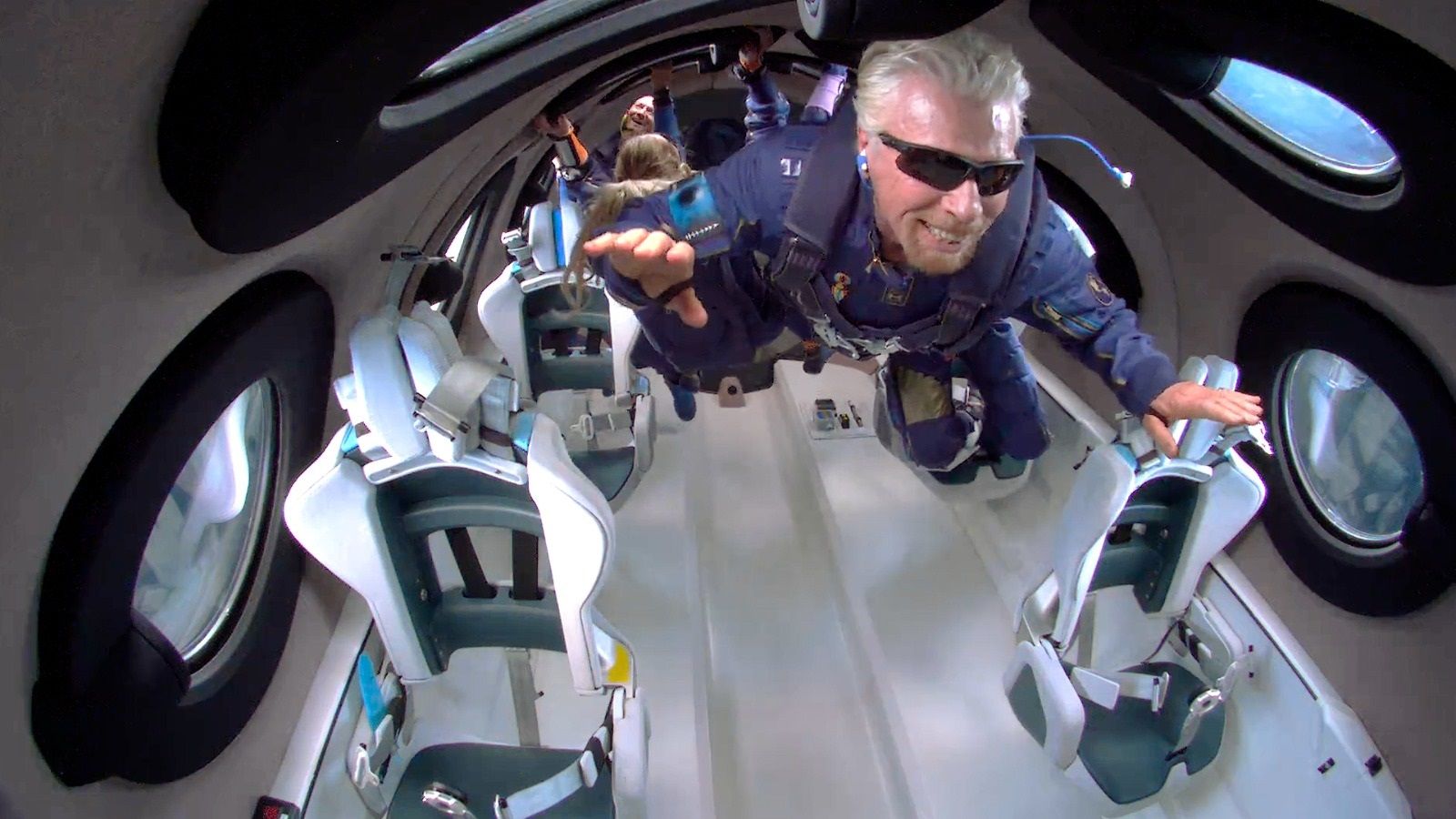
There is also the issue of how really, really wealthy people are making space travel possible.
This rather begs the question, do we need really rich people spending money on frivolous things like holidays in space; electric cars eight years ago and back in medieval times on paintings by Raphael, to create the things we either love today or even need today?
And if that is so, should we all give thanks for the existence of the really wealthy?
Not sure about you, but that doesn't feel right. The logic might be, err, logical, but it is pretty foul too. Any thoughts?
Are echo chambers a myth?
Echo chambers might not be all they are cracked up to be. According to a new paper, search engines and social media have more diverse news repertoires than we all thought.
As ever with these things, there is nuance.
It seems that while search engines, social media and aggregators throw up more diverse news sources, they throw up more partisan news sources too.
In other words, they are like the opposite of the BBC: instead of these 'social' news sources providing balance, sticking religiously to the facts, they bombard us with opinion; it is just that the opinion is quite varied.
Apparently, good old fashioned traditional media; like Fox News in the US and Sun, Mail and Express in the UK, is more fact-based! You couldn't make it up ... ahem

Some other news
Cambridge-based quantum specialist Riverlane say that they have developed a quantum computing chip.
And if you fancy having your mind befuddled, you may like to know that a new paper has found that Maradona's penalties followed Neumann's Minimax Theorem as described by the Nash Equilibrium.
Nash Equilibrium was defined by John Nash, subject of the movie Beautiful Mind starring Russel Crowe. According to Investopedia, "Nash equilibrium is a concept within game theory where the optimal outcome of a game is where there is no incentive to deviate from the initial strategy."
The study seems to be saying that the side of the goal Maradona's penalties were aimed at was random, and he was a really good penalty taker.
Quote of the week:
"Every invention we have made and patented, and some have created almost a revolution in the trade, has been the invention of onlookers, or ordinary working men, or skilled mechanics, in every instance." 19th Century industrialist the industrialist, AJ Mundella.
Universal Basic Income, hybrid working and podcasts
And watch, please watch and please please watch our latest videos on:
- Universal Basic Income
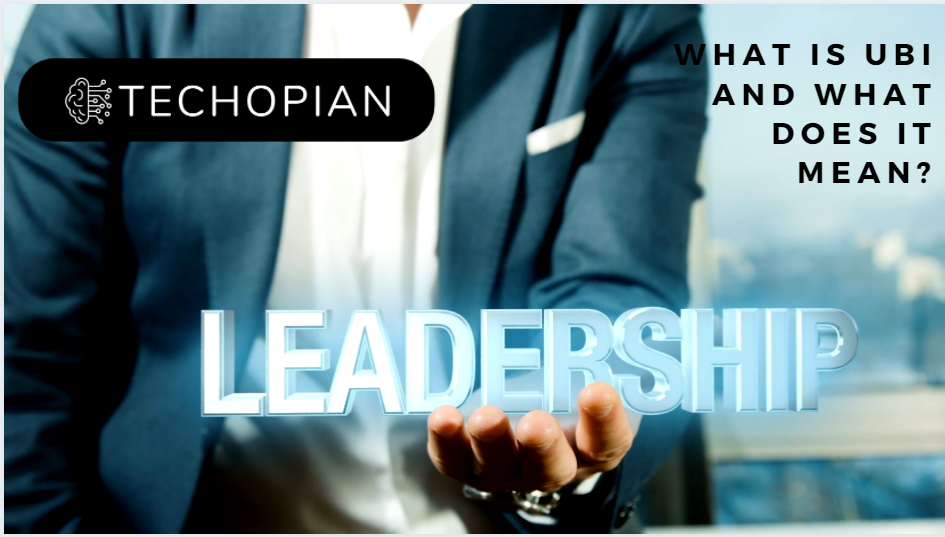
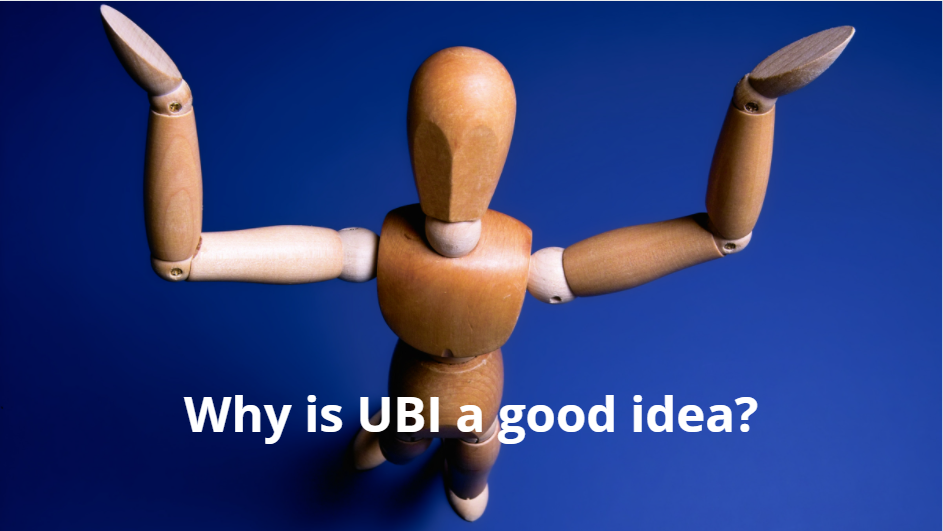
- Hybrid working
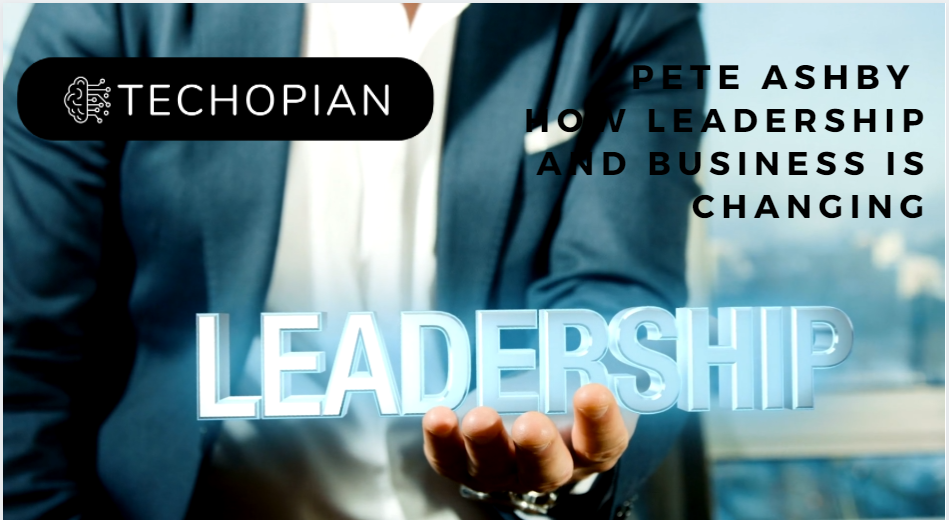
- And our podcasts

Hope you enjoy our weekly newsletter, Techopians! Let us know your thoughts by emailing info@techopian.com and if you like it, send it to a friend you care about.






Related News
The AI revolution is here
Jan 25, 2023
The impossible conclusion about technology becoming less disruptive and why it is so dangerous
Jan 20, 2023
Tech bubble! Are you kidding?
Jan 06, 2023